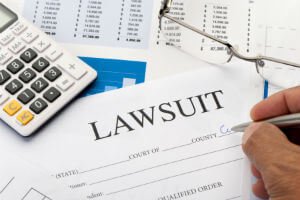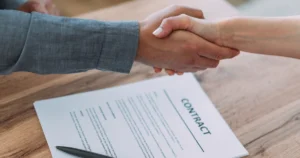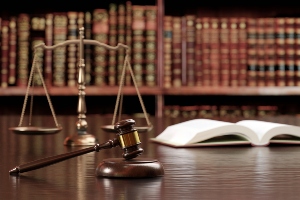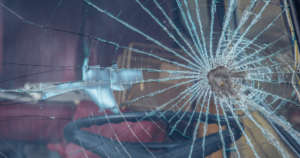 When you file an Indiana personal injury claim, the burden of proof is on you. If you want to recover compensation, you have to prove that the defendant is liable for your injuries and the damages caused by those injuries.
When you file an Indiana personal injury claim, the burden of proof is on you. If you want to recover compensation, you have to prove that the defendant is liable for your injuries and the damages caused by those injuries.
You need to collect as much evidence as possible to have a chance of proving that the defendant is liable for your injuries. The South Bend personal injury lawyers at Pfeifer, Morgan & Stesiak can help you collect several pieces of evidence to help bolster your personal injury claim, including:
Medical Records
You need records of all of your doctors’ visits, hospital stays, surgeries, medical procedures, physical therapy appointments and other treatments you received after the accident.
You also need medical records from before the accident to help establish what your medical condition was prior to the accident. This helps prove that your injuries did not exist before the accident and were caused by the accident itself, not some preexisting medical condition.
Most doctors’ offices, hospitals and other medical facilities will have documents you can fill out to obtain copies of your medical records.
You should also keep copies of all bills related to your treatment, including receipts for prescription drugs and visits to the doctor or other healthcare facilities. This way you can prove exactly how much money you had to spend out-of-pocket for medical care.
Police Report/Accident Report
If you were involved in a South Bend car accident, the police were likely called to the scene and an officer filled out and filed a police report. Even if the police were not called to the scene, you might be able to file a police a report after the fact. Simply contact the local police and ask about filing a report.
You can obtain a copy of the police report on your accident from BuyCrash.com for a small fee.
The police report could be the key to proving the defendant is liable for the accident. The officer will note any laws that were broken and may add his thoughts on the causes of the accident.
Photographs
Take pictures at the scene of the accident as soon as possible. If you wait too long, the scene will be cleaned up and you will lose the chance to obtain a photographic record of what happened.
You should also check to see if there is video footage of the accident, from a security camera or camera above a traffic light.
Photograph all of your injuries as soon as possible, before they start to heal. Photographs do a much better job conveying the severity of your injuries than words from a medical report or testimony in a courtroom. When you combine photographs with medical records, you have solid evidence of the harm you suffered in the accident.
If you are trying to obtain compensation for property damage, you should photograph your damaged property as well.
Eyewitness Statements
Even though you were involved in the accident, you may not know everything that went on. That is where eyewitness accounts come in handy. People who saw the accident unfold may have crucial insights into the accident that you may have missed.
Make sure to obtain contact information from any eyewitnesses before they leave the scene. You should also ask them what they saw so you know who would make a good witness for your personal injury claim.
Proof You Missed Work
You need records from your employer showing the days and times you missed work because of the injuries you suffered in the accident. This helps to document any lost earnings or wages.
Ask your employer for a letter with the following information:
- Job title
- Salary or hourly wage
- Hours of work in a typical week
- Days of missed work and vacation or sick days used
- Total amount of lost wages
Daily Journal Describing How Your Injuries Affect You
Medical records and photographs are vital pieces of evidence. However, your personal account of the pain and suffering you experience because of your injuries can be just as important.
You should keep a daily journal in which you describe the daily effects of your injuries. This helps to convey the day-to-day impact of your injuries and could allow you to recover compensation for noneconomic damages like pain and suffering.
Note any times you needed assistance from friends or family members for things you used to be able to do on your own, like grocery shopping or household chores.
Our Indiana personal injury lawyers can help you collect all of the evidence you need to build a strong case. We have decades of combined legal experience with a variety of cases and know what it takes to build a winning case.
Schedule a free legal consultation with our attorneys right away to learn your rights and find out how we can help you.
Contact us today by calling (574) 444-0741.













